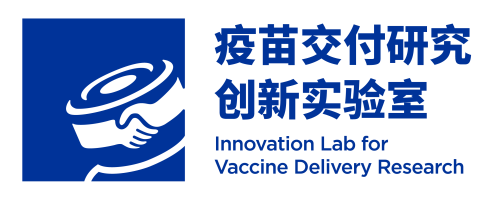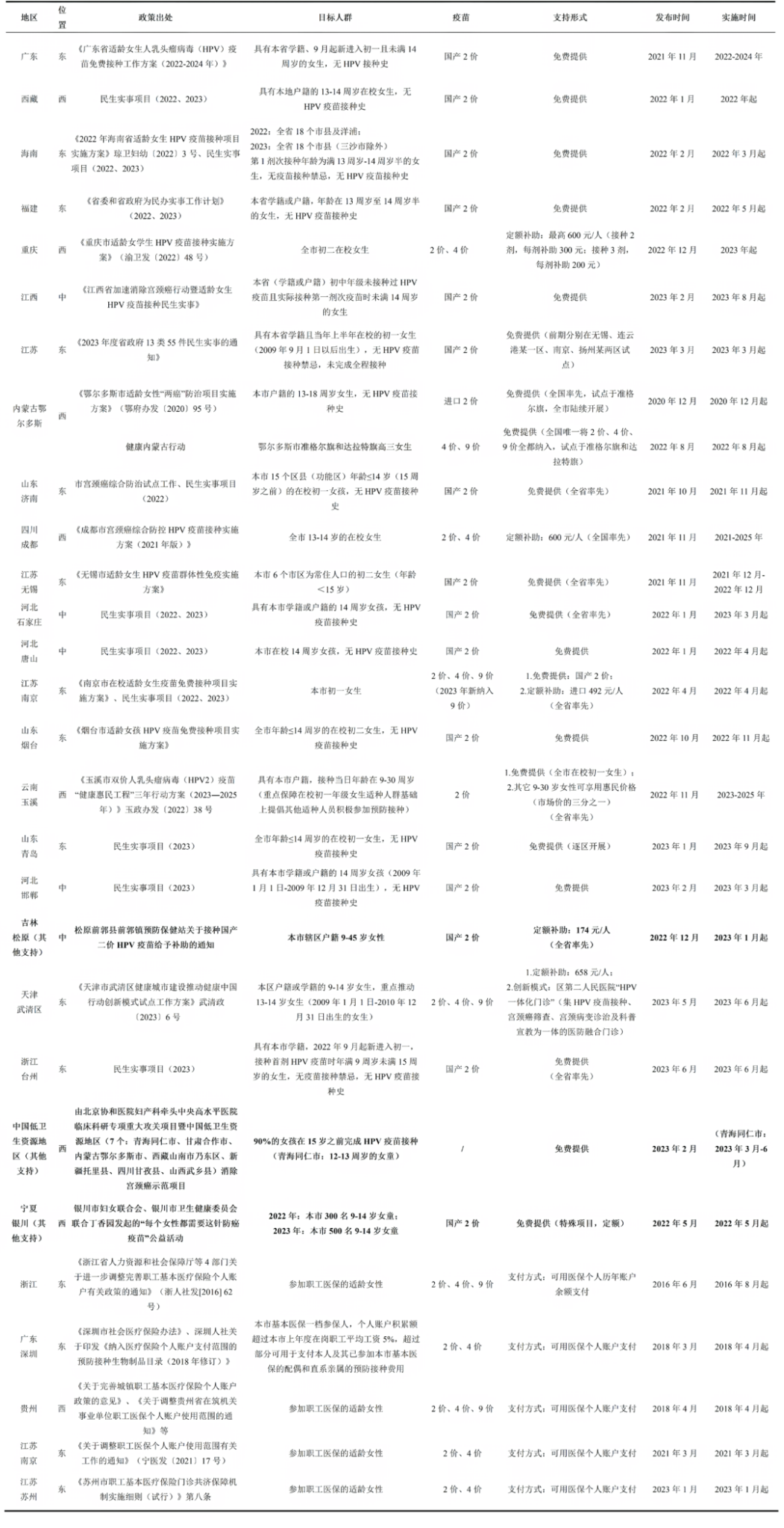Shenzhen, China – February 14-15, 2025 – The Innovation Lab for Vaccine Delivery Research (VaxLab) convened its eighth quarterly meeting at the Shenzhen Institute of Advanced Technology (SIAT), Chinese Academy of Sciences, bringing together leading researchers, policymakers, and public health experts to discuss progress and future directions in immunization strategies.
Strengthening Collaboration for Public Health
The meeting gathered representatives from VaxLab’s research partners, Peking University, Fudan University, Zhejiang University, Chongqing Medical University, Peking Union Medical College, Duke Kunshan University, and key think tanks such as the Development Research Center of the State Council. Frontline immunization professionals from the Shenzhen Center for Disease Control and Prevention (CDC) also contributed practical insights.
Meng Long, Deputy Director of Research Office, SIAT opened the event, emphasizing VaxLab’s role in generating evidence-based solutions for China’s immunization programs. “VaxLab’s work is critical to generate evidence for strengthening China’s National Immunization Program,” he said. “By fostering innovation and cross-sector collaboration, we can address global health challenges.”
Dr. Wei Yanjie, Director of the High-Performance Computing Research Center at SIAT, highlighted the institute’s contributions to pandemic response efforts and called for expanded interdisciplinary partnerships in vaccine research.
Research Updates and New Initiatives
With seven completed sub-projects and ten currently underway, teams presented updates on their work, covering topics from vaccine policy analysis to implementation strategies. A new project led by Chongqing Medical University—“HPV Vaccination Strategy and Implementation Evaluation: A Scoping Review”—was introduced, expanding VaxLab’s research portfolio.
Since the last quarterly meeting in September 2024, VaxLab has achieved several milestones, including:
- Co-host an international symposium with CIKD on strengthening immunization programs within global development frameworks at Beijing.
- Publishing research on immunization policies across 13 ASEAN and South Asian countries.
- Producing peer-reviewed studies, policy briefs, and media collaborations to amplify research impact.
Shenzhen’s Immunization Innovations
Liu Gang, Director of the Shenzhen CDC’s Immunization Planning Division, outlined the city’s proactive measures, such as integrating immunization into senior’s health management program, digital immunization records, tailored vaccination programs for students and seniors. The future work roadmap includes enhancing vaccine life-course quality control and improving service provision through monitoring and better communication. “Our goal is to maximize coverage through smart, data-driven strategies,” he said.
Next Steps
Participants provided feedback on study designs and discussed real-world challenges in vaccine delivery. Moving forward, VaxLab will underscore its commitment to turning evidence into impact—both in China and beyond:
- Address operational hurdles identified by the CDC systems.
- Launch new research initiatives aligned with national and global immunization priorities.
- Expand international partnerships to share China’s expertise while integrating best practices worldwide.





